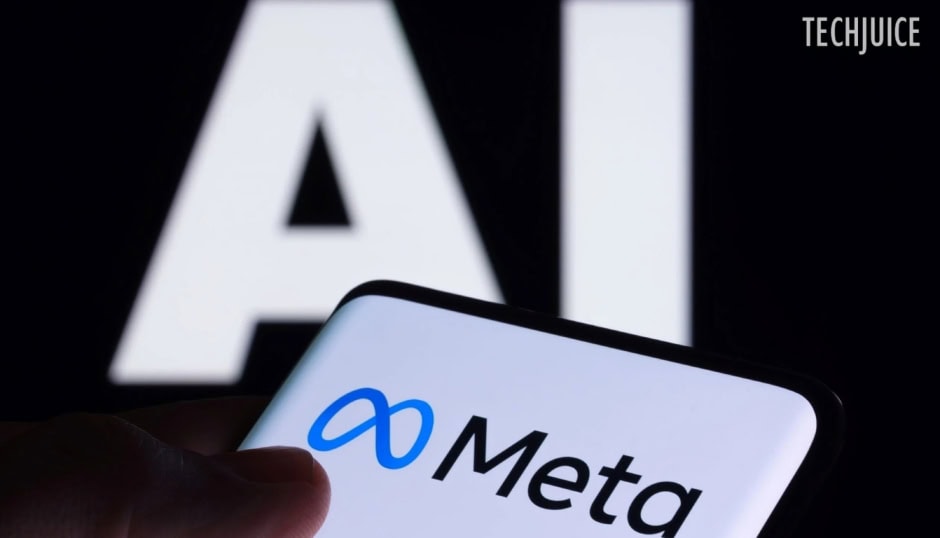A group of authors, including Ta-Nehisi Coates and comedian Sarah Silverman, have accused Meta Platforms of using pirated versions of copyrighted books to train its artificial intelligence systems.
The authors, who are suing the company for copyright infringement, claim that internal documents revealed during the discovery process show that Meta knew the works were pirated, with approval from CEO Mark Zuckerberg.
Reuters reported that these accusations were made public in documents filed with a federal court in California on Wednesday. The writers filed a lawsuit against Meta in 2023, claiming that the tech company had improperly utilized their novels to train Llama, its massive language model.
The complaint is one of numerous that claim the development of AI products was done without authorization using copyrighted works by artists, authors, and others. According to the defendants, they used copyrighted content fairly.
The writers requested permission from the court to submit a revised complaint. According to them, further evidence revealed that Meta utilized peer-to-peer torrents to disseminate the AI training dataset LibGen, which purportedly contains millions of copyrighted works.
They said internal Meta communications showed Zuckerberg “approved Meta’s use of the LibGen dataset notwithstanding concerns within Meta’s AI executive team that LibGen is ‘a dataset we know to be pirated.'”
Last year, U.S. District Judge Vince Chhabria rejected allegations that Meta illegally removed the copyright management information (CMI) from the authors’ works and that content produced by Meta’s chatbots violated their copyrights.
The authors also stated that the evidence supported their accusations of infringement and supported the addition of a new computer fraud claim in addition to the revival of the existing CMI suit.
However, Chhabria stated that he would permit the writers to submit an amended complaint but voiced doubts regarding the validity of fraud and CMI claims.












